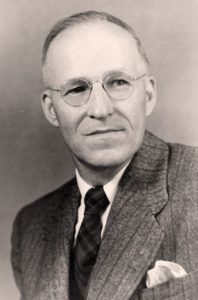Cordner, John
August 10, 2001
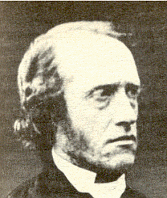
John Cordner (July 3, 1816-June 22, 1894) was unquestionably the most influential figure in setting the tone for the emerging Unitarian movement in nineteenth-century Canada. Not only was he skilled at presenting his views effectively, but during his 35-year ministry in Montreal, then the leading city in Canada by a wide margin, he attracted a congregation largely composed of persons prominent in the business and professional life of the city and country.
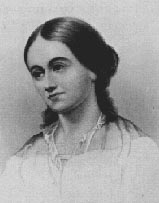 Margaret Fuller (May 23, 1810-July 19, 1850) “possessed more influence on the thought of American women than any woman previous to her time.” So wrote Susan B. Anthony and Elizabeth Cady Stanton in their 1881 History of Woman Suffrage. Author, editor, and teacher, Fuller contributed significantly to the American Renaissance in literature and to mid-nineteenth century reform movements.…
Margaret Fuller (May 23, 1810-July 19, 1850) “possessed more influence on the thought of American women than any woman previous to her time.” So wrote Susan B. Anthony and Elizabeth Cady Stanton in their 1881 History of Woman Suffrage. Author, editor, and teacher, Fuller contributed significantly to the American Renaissance in literature and to mid-nineteenth century reform movements.…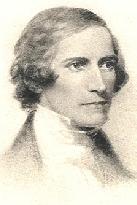
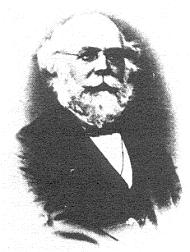
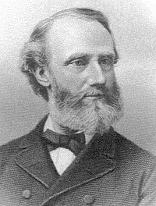 William James Potter (February 1, 1829-December 21, 1893), born in Dartmouth, Massachusetts, was a Unitarian minister, a founder, Secretary and President of the Free Religious Association, and President and later Editor of The Index. For more than forty years Potter was perhaps the leading public citizen of New Bedford, Massachusetts.…
William James Potter (February 1, 1829-December 21, 1893), born in Dartmouth, Massachusetts, was a Unitarian minister, a founder, Secretary and President of the Free Religious Association, and President and later Editor of The Index. For more than forty years Potter was perhaps the leading public citizen of New Bedford, Massachusetts.…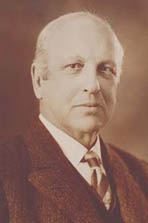 Samuel Atkins Eliot II (August 24, 1862-October 15, 1950) was the first president of the American Unitarian Association (AUA) to be given executive power; he held this office from 1900 to 1927. In 1925 the two major American Unitarian organizations, the AUA and the National Conference of Churches (NCC), were merged under his leadership.…
Samuel Atkins Eliot II (August 24, 1862-October 15, 1950) was the first president of the American Unitarian Association (AUA) to be given executive power; he held this office from 1900 to 1927. In 1925 the two major American Unitarian organizations, the AUA and the National Conference of Churches (NCC), were merged under his leadership.…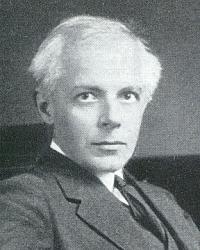
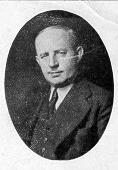
 Maria Weston Chapman (July 25, 1806-July 12, 1885) was described by
Maria Weston Chapman (July 25, 1806-July 12, 1885) was described by 